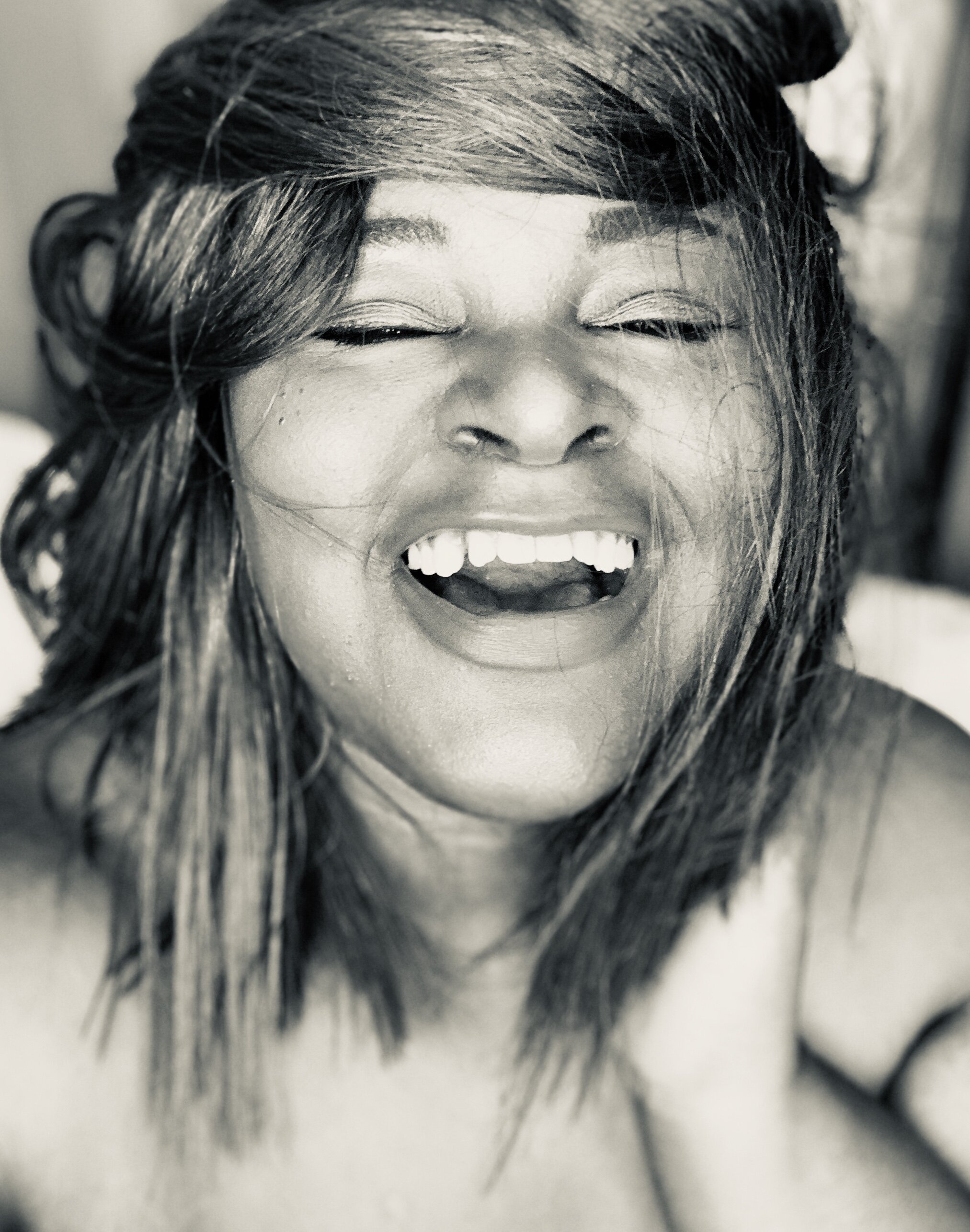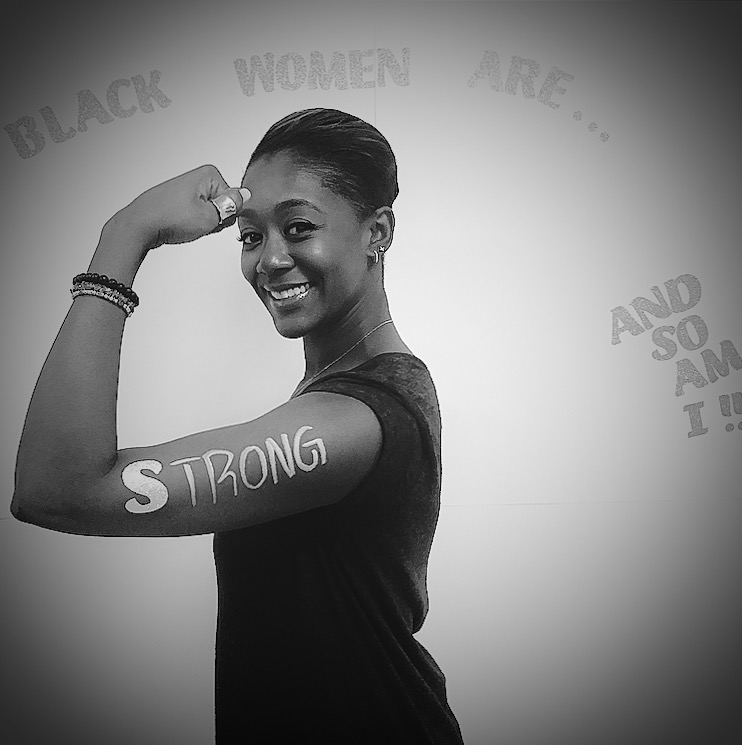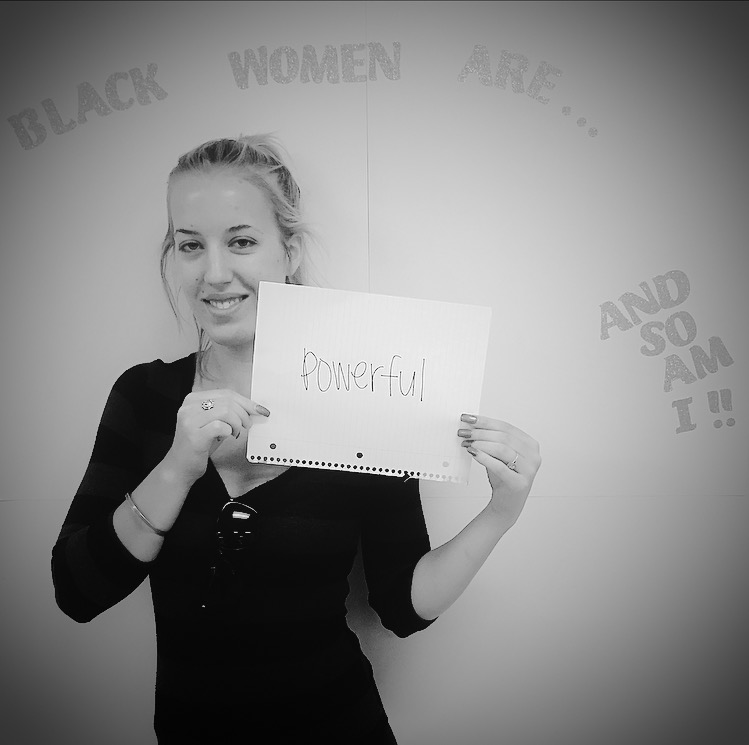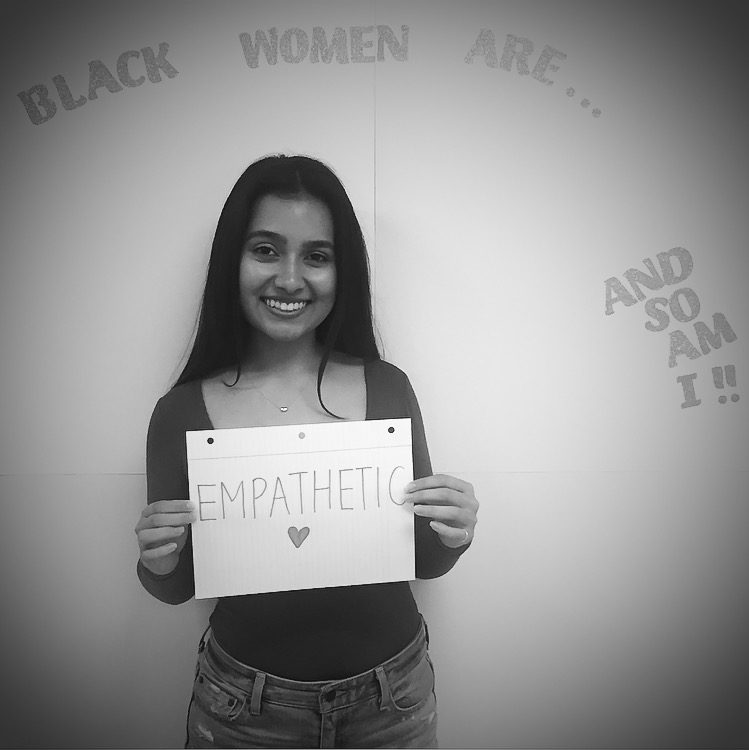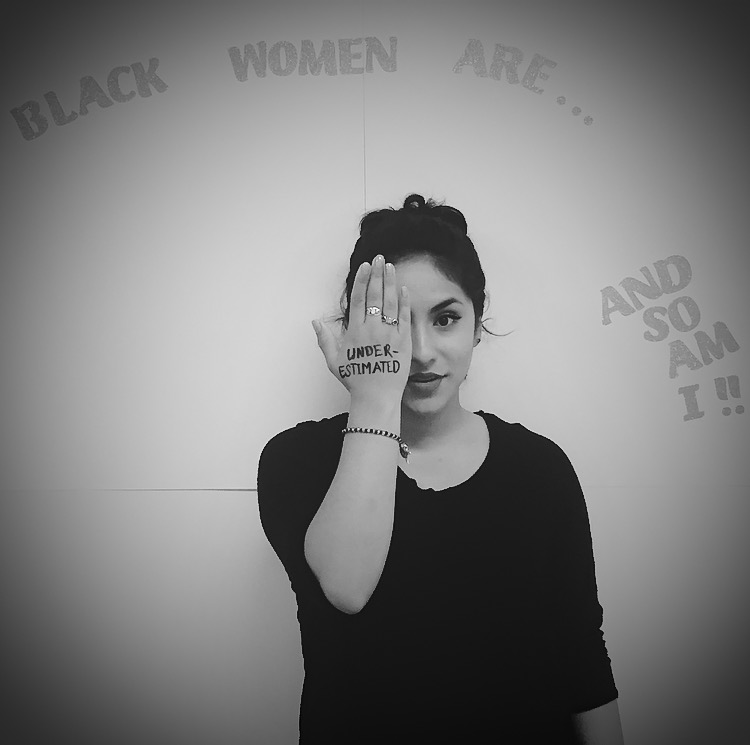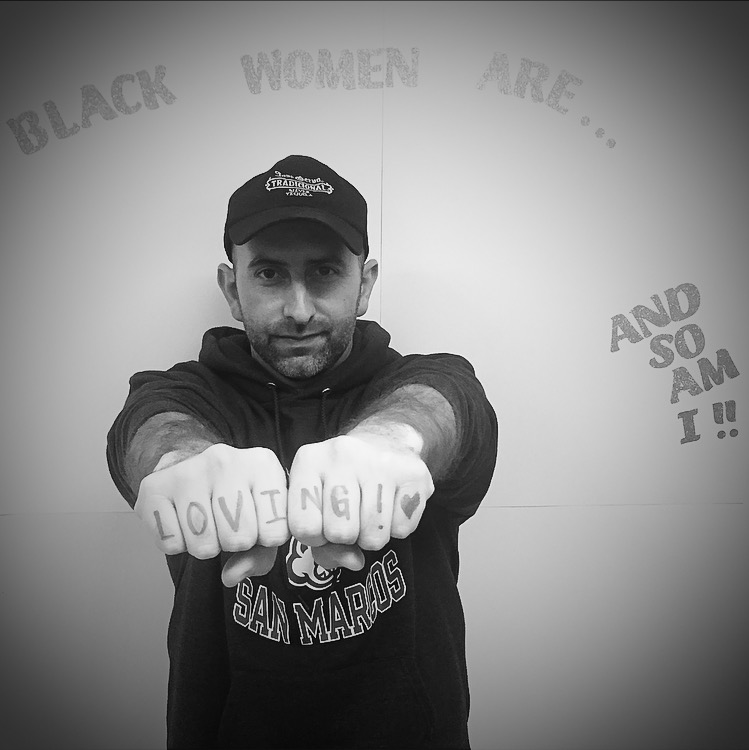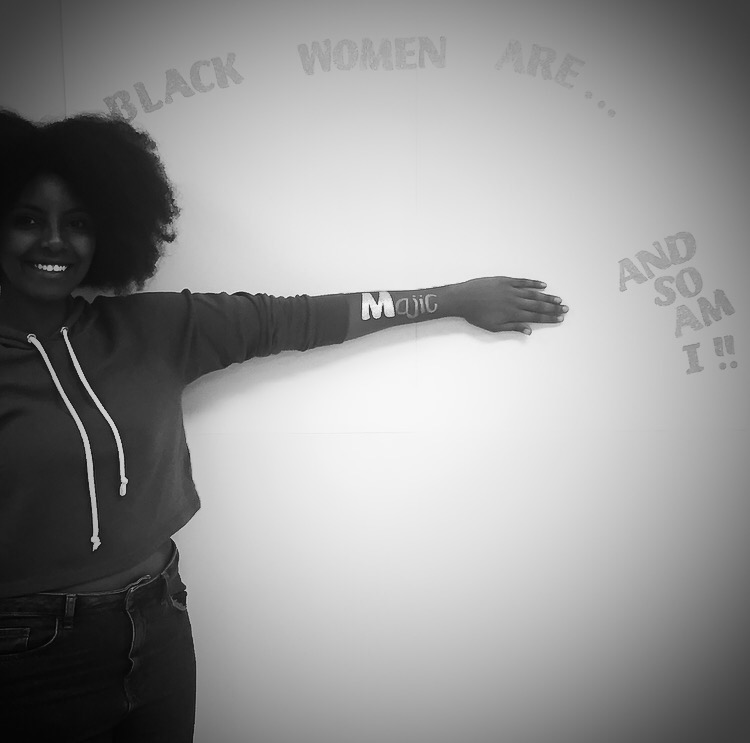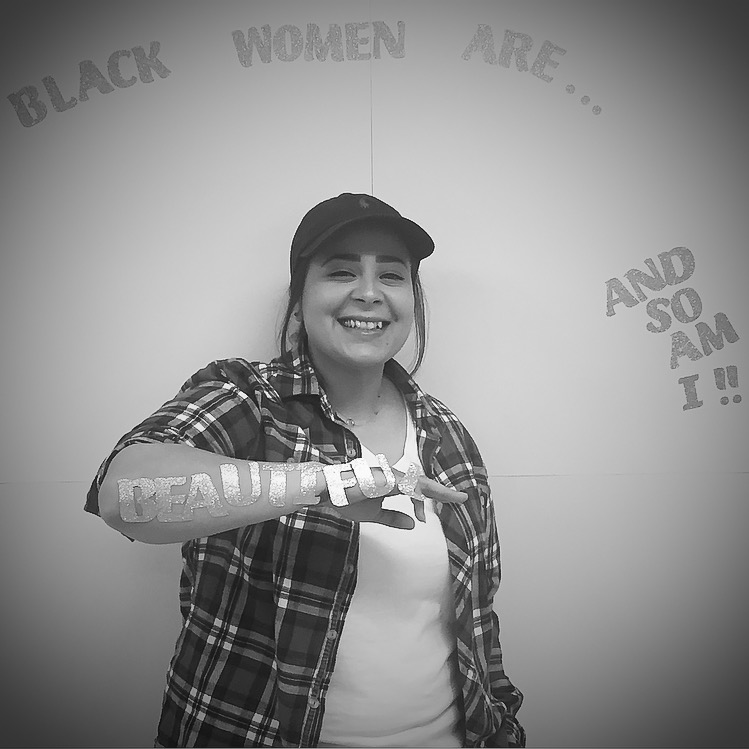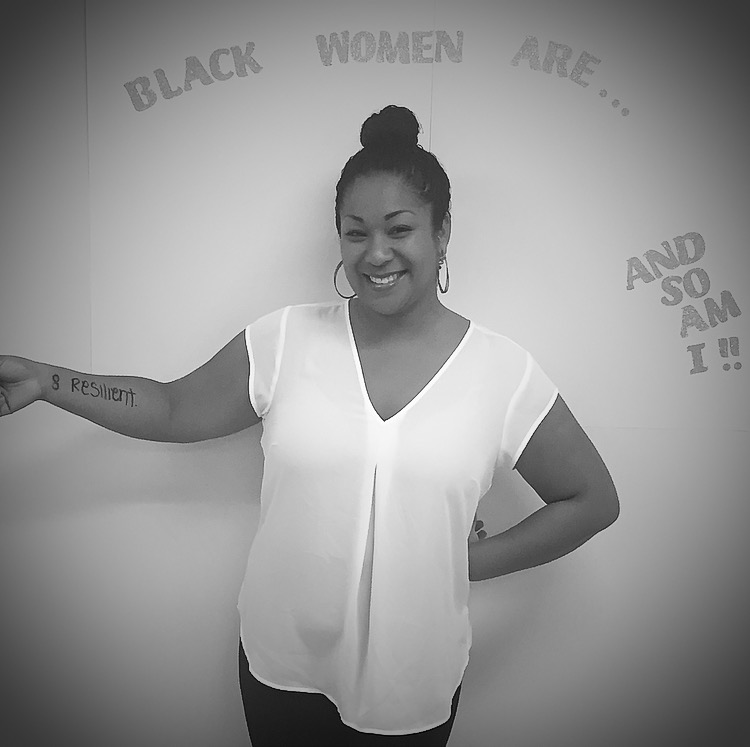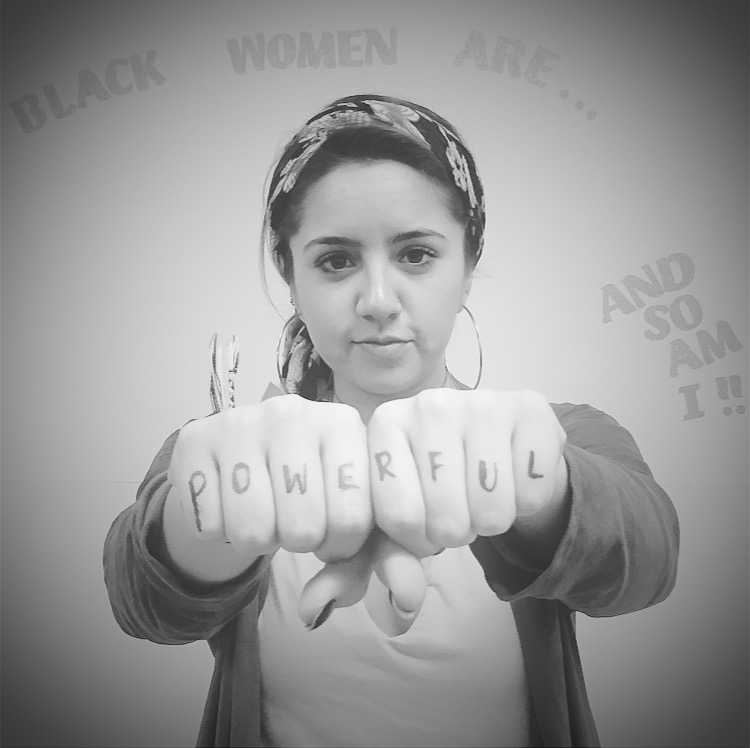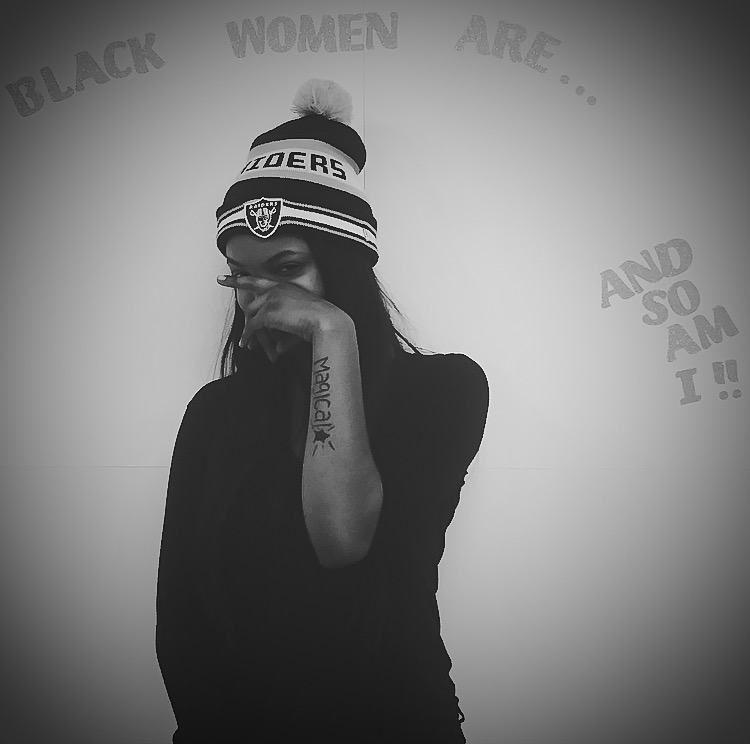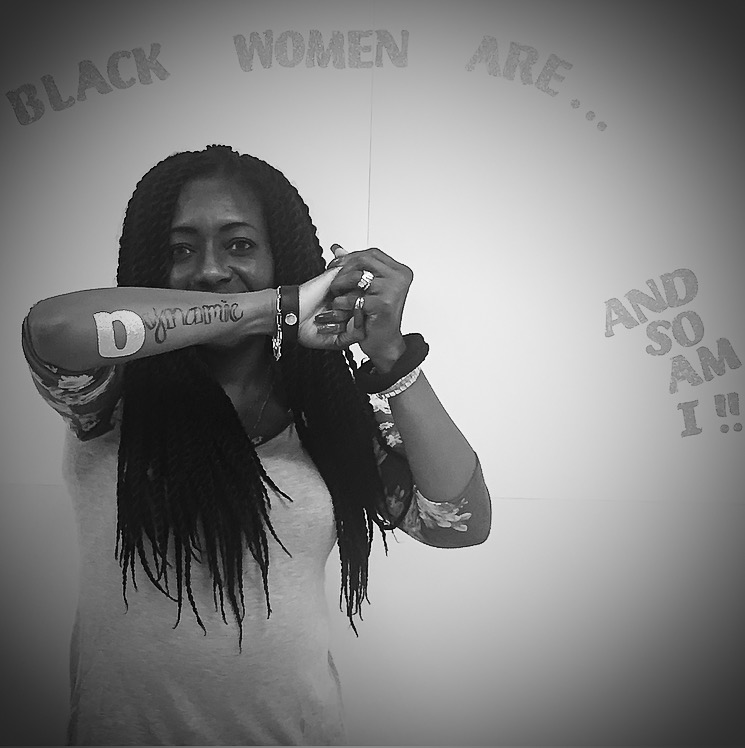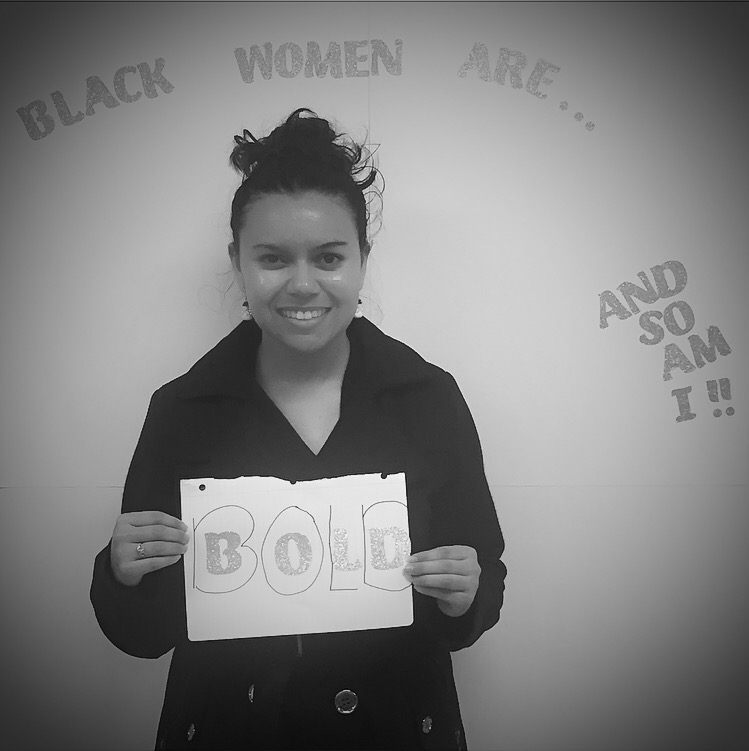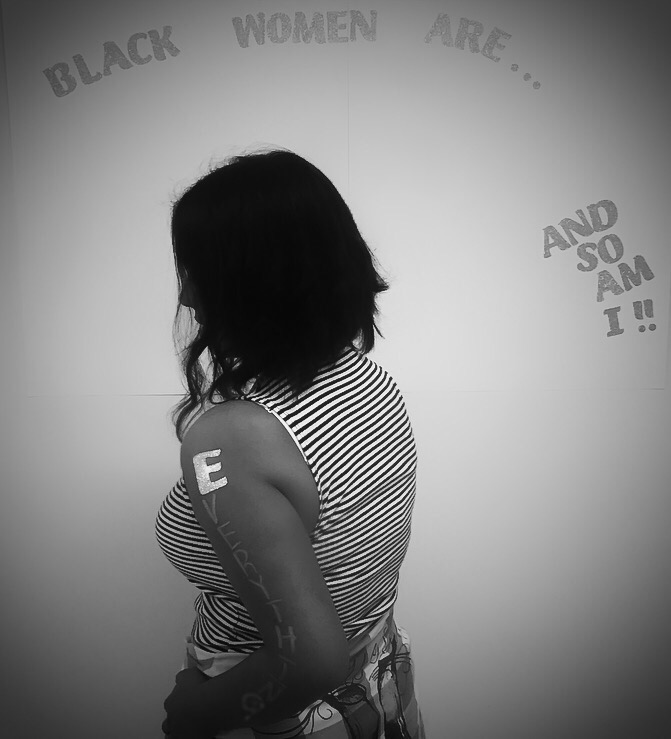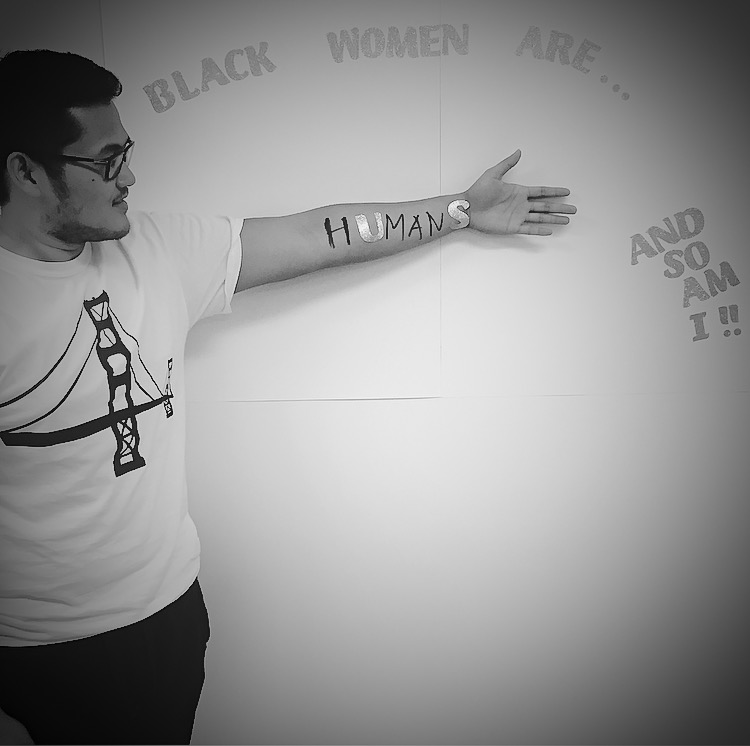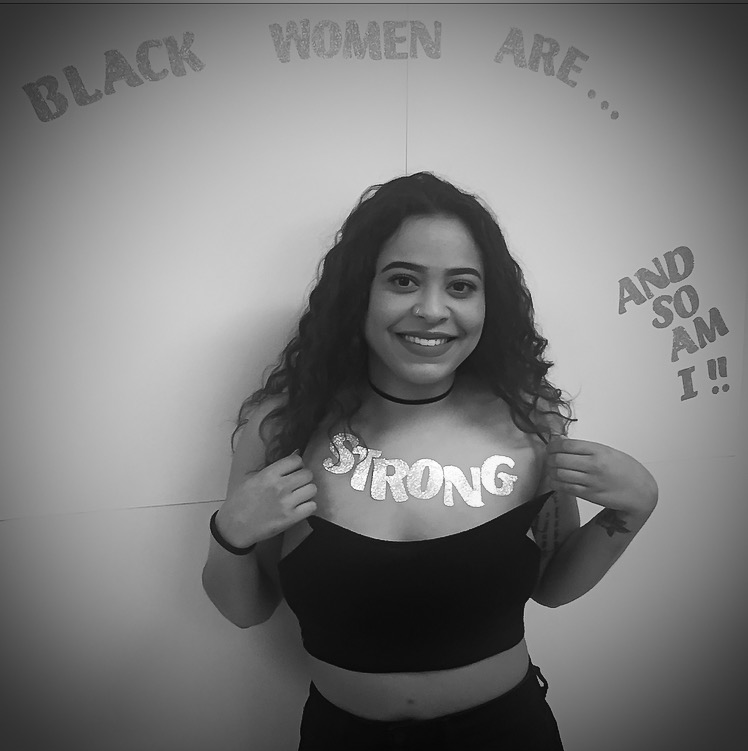University of San Diego's 2016 Black Graduates Recognition Ceremony Graduate Keynote and Graduate Trailblazer of the Year Awardee
To view dr. j's curriculum vita click here
teaching philosophy
The cornerstone of my teaching philosophy is to encourage students to develop empathy and acceptance for others by engaging in self-reflection, critical self inquiry and authentic self-expression. Affectionately know in my classroom as doing “the work”. In my courses, students are introduced to theoretical academic readings and experiential activities designed to increase the sensitivity one has towards issues of social justice, develop one’s empathetic capacity for the perspective of those peoples holding different identities, marginal identities, and becoming advocates for shifting dominate discourse to one that is inclusive rather than oppressive. I value creative thought and divergence in perspective and work to help facilitate the creation of a classroom which is not only a safe space but a brave space. I believe that students should be able to critically examine and evaluate their opinions, thoughts actions and beliefs with evidence not only from text and traditional knowledge but also somatic and intuitive knowledge.
With a doctoral degree in Leadership Studies with a focus on Organizational Leadership from the University of San Diego (USD), I have a great desire to continue teaching, creating space for, and facilitating dialogue around many of the elements of my dissertation research. Such examples include continued feminist theory, womanist theory, critical race theories, classic and social human development theories, intersectionality, and systems of privilege, oppression and kyriarchy. I have had the opportunity to teach several graduate courses in adult and human development as well as multicultural counseling where I used various pedagogical methods such as case-in-point and reflecting and assessing to have students take theories and begin to build and understanding of them using personal experiences.
My experience in teaching courses with contentious and complex material has taught me that by fostering an environment rooted in mutuality, respect, and authenticity, conflict with civility can create rich dialogue and quite profound moments for students’ meaning making processes. I believe in using a variety of tools to teach courses, not just text books but looking at art, music, literature, poetry and film can often provide more accessible insight into the consciousness of our past as a society. I often use traditional and new forms of media such as TED talks, and Tumblr to help students develop their capacity for critical thinking around various topics covered within the course. Lastly, I believe strongly that diversity of thought is a gift and a tool and as an instructor, I prioritize not only mastery of the subject material but the maturation of a student’s own thoughts and ideas about the material. I do not see myself as a lecturer but as a facilitator of the learning process and it is always my hope in my courses that students leave learning just as much about themselves as they do the course material.
As the majority of the students I work with go on to be leaders, managers and hold positions of authority in their respective fields, I explain to them that they need to be willing to “do the work” much in the same way they will expect it of their colleagues, students or clients. Similarly, learning to lead others or facilitate change for a group, organization or system requires a great deal of understanding the balance between support or holding and anxiety and challenging. What better way to first familiarize ourselves with that balance than by doing so within our own being? It has been my experience, without exception, that given support, consistency and affirmation, if you set high standards people will rise to meet them.
TEACHING INTERSECTIONALITY
Dr. Williams, aka Dr. J visited Bucknell University as an invited speaker hosted by HER campus and the Bucknell Women's Resource Center. Dr. J facilitated a lunch-and-learn with faculty and staff where she talked about the importance of addressing intersectionality authentically in the workplace. She also lead a discussion following the showing of the visual album Lemonade about intersectional feminism, art as activism and contemporary feminist role models. To watch a clip of Dr. J's lunch-and-learn, click here.
For information on how to get Dr. J to come to your campus or organization, email Jessica@JessicaJamese.com.
Course Highlights
During the Fall 2016 school term, I became known as Dr. J, professor of "the Beyonce course". Women's Studies 351: Black Feminism, Consciousness and Activism was more than just a course, it became a haven for the students of California State University, San Marcos to understand activism, intersectionally and compassionately. This course explored Black Feminist consciousness and activism along with its impact, historically and theoretically. We examined the relationship of Black Feminist theory as it relates to other forms of feminism, resistance and applications for social change. Lastly, we held dialogue about self and community, the “multiplicity of oppressions” and the intersection of race with gender, class, sexuality and nation. Is Beyoncé a Feminist? With her recent self-titled visual album and film Lemonade containing obvious allusion and homage to Black culture through the eyes of Black women, we used Beyonce as a living metaphor anchoring the course's theory to practice. As a class, we dissected not only Beyonce's art but also the current and historical social, political and economic contexts which have shaped our understanding of feminism, feminist thought and activism.
If you had the opportunity to design a rigorous college course around Black women, consciousness and activism how could you NOT include Beyonce?
What is it like to take "the Beyonce class" with Dr. J?
"Dr. J is a wonderful professor who helped me realize the in-betweens and grey in life. She allows freedom in her classroom and we were all comfortable expressing our inner most thoughts with her. She takes it back to the simple pleasures of a course which is discussion. We NEED more discussion."
~WMST Student's Course Evaluation
"Dr. Williams clearly had a strong rapport with the class and created an environment that felt comfortable, friendly, and inclusive. She is a very eloquent and engaging speaker who provided numerous useful and inspiring take-aways and reference points (among the things I wrote down--a quote from [CSUSM] upcoming speaker Cornel West, "Justice is what love looks like in public") that contextualized the theoretical work students were doing. This comfortable learning environment supported the class's engagement in some very high-level analytical and theoretical work. The environment enabled effective engagement in important conversations about complicated and often uncomfortable discussion topics, such as racism and other forms of discrimination, layers of bias and exclusion, and differential social and economic power. I felt this was a classroom in which "conversations that matter" occurred often and with very positive results."
~Associate Dean Martha Stoddard Holmes, California State University, San Marcos
